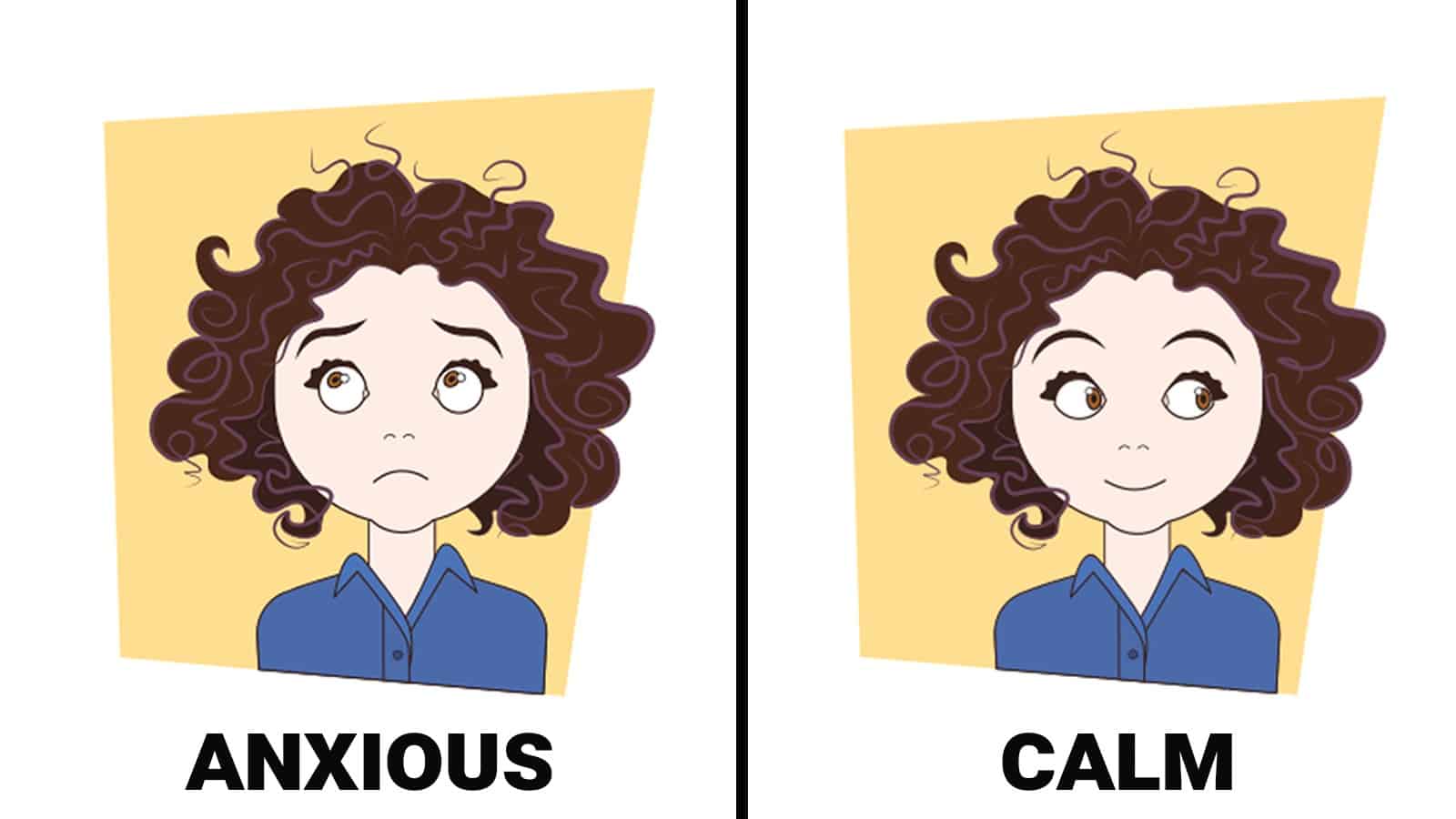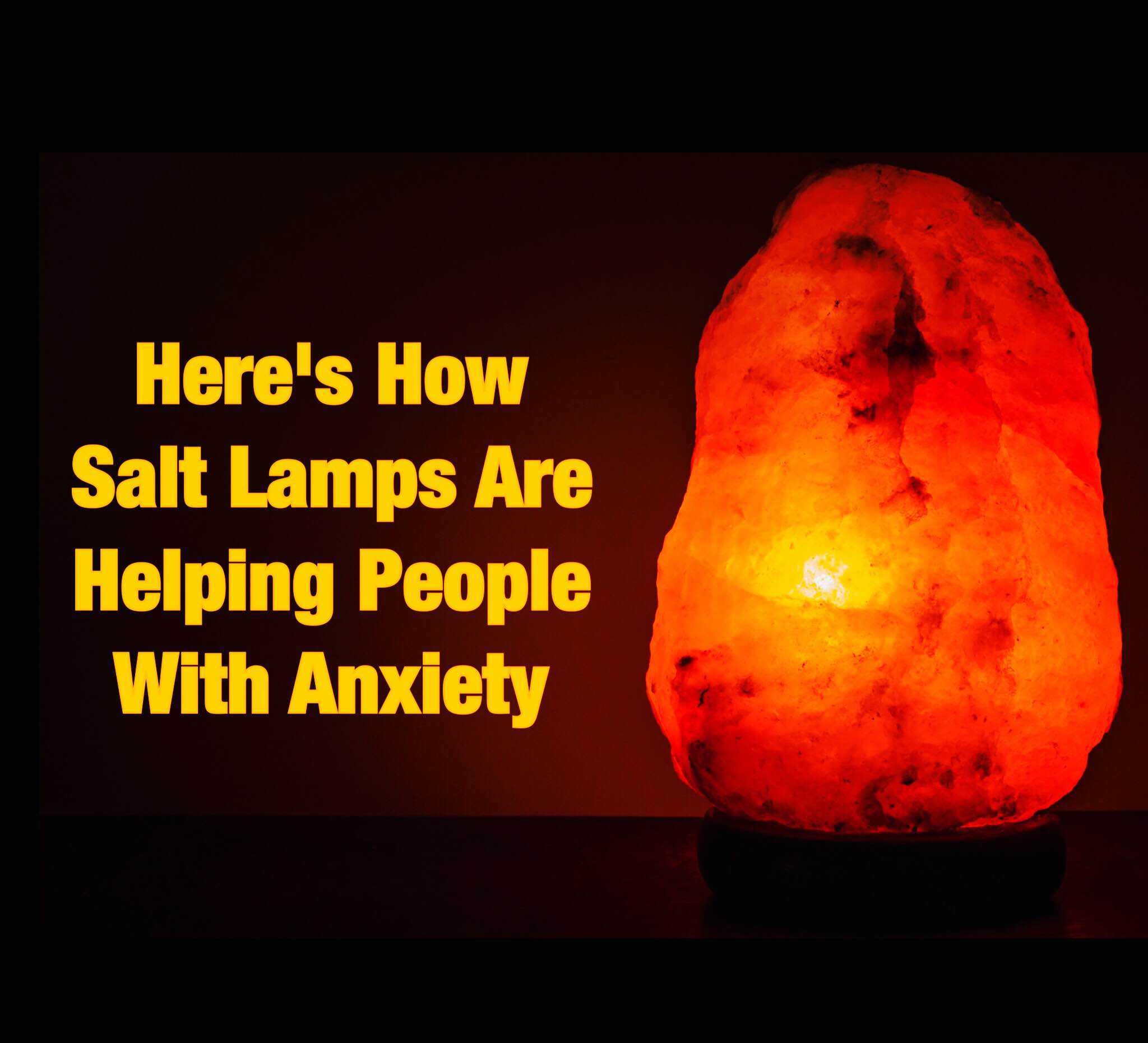The Anxiety Epidemic
“We’ve been at war since 2003, we’ve seen two recessions. Just digital life alone has been a massive change. Work life has changed. Everything we consider to be normal has changed. And nobody seems to trust the people in charge to tell them where they fit into the future.” – Kai Wright, host of “The United States of Anxiety” podcast
Anxiety is officially an epidemic in the United States. The truth is that we’re all at fault. We’ve become a tech-addicted, “more for less,” debt-laden, overworked people. Anxiety has infiltrated our society – and we’ve done little to nothing about it. If you harbor doubts about this, all you need to do is look at the numbers:
- Anxiety is the most common mental illness in the U.S.
- Over 45 million adults have been diagnosed with an anxiety disorder.
- It’s estimated that only 37 percent of individuals with a diagnosable anxiety disorder seek treatment.
- 38 percent of teenage girls and 26 percent of teenage boys have an anxiety disorder, according to the National Institute of Mental Health.
Bear in mind that these are conservative estimates; as in, the real numbers are likely to be much, much higher.
Anxiety Is Hell
For those with an anxiety disorder, the word “hell” is often used when attempting to describe the experience. Here’s how one person describes it on the site Quora:
Mentally, the underlying anxiety of everyday life is torturous. It’s like living in constant fear of something. It’s always around the corner. Ready to strike. You don’t know what will set you off or why. It’s pretty horrendous actually. You are always on edge and it is constantly taking a lot out of you.
If you suffer from anxiety, you probably empathize with that quote and know exactly how that “constant fear” feels.
Treatment
There is one statistic left out from before: The U.S. spends $42 billion annually on treating anxiety disorders. Unfortunately, the “treatment” of anxiety too often involves a prescription for one of the most addictive drug classes in existence: benzodiazepines (e.g., Xanax, Valium). If you happen to sidestep the benzos, the odds are that you’ll end up with some form of antidepressant.
Despite the medical community’s predilection for anything that comes in pill form, natural treatments exist. These natural treatments for anxiety may help, and they don’t come with negative side effects. With that in mind, here are …
Four easy and natural ways to resolve anxiety and feel calmer:
1. Activate The PNS
It’s remarkable but true: part of your nervous system is there to help you feel peaceful. It’s called the PNS, or “parasympathetic wing of the autonomic nervous system” and it may just be the most powerful anti-anxiety cure.
Here’s something else amazing: you can activate the PNS at will. Besides dramatically reducing anxious feelings, this immediately lowers your sense of stress, reduces blood pressure, and strengthens the immune system.
Here’s how to do it:
- When inhaling, fill your lungs fully and hold for one second.
- Relax while exhaling (don’t try to “control” the out breath.)
- Repeat this process for 60 seconds.
2. Re-direct Your Attention
Daniel Goleman, author of the books Focus: The Hidden Driver of Excellence and Emotional Intelligence: Why It Can Matter More Than IQ says this about what he calls “emotional distractions”:
“If one of those emails you’ve been working through happens to trigger a strong reaction – annoyance, anger, anxiety, or even fearfulness – that distraction will instantly become the focus of your thoughts, no matter what you’re trying to focus on.” The good news? “Our attention regulates emotion,” Goldman says.
Since attention regulates emotion, re-direct your attention away from your anxiety (onto your breathing, for instance). If you’re on your own time, pick up a book, go for a walk, take a nap, or play a game (yes, playing games is okay!).
3. Mindfulness/Meditation
“Anxiety softens when we can create a space between ourselves and what we’re experiencing,” the staff from Mindful writes, “(but) when you react in ways that aren’t mindful, they can gradually grow into habits that are detrimental to your health and well-being. Consequently, these patterns of reactivity further your suffering or distress.”
There is a mindfulness/meditation revolution taking place all over. And there’s good reason: numerous studies show that practicing one or both methods can significantly reduce subjective feelings of stress. One shining example of this is Jon Kabat-Zinn’s Mindfulness-Based Stress Reduction (MBSR) program.
But you needn’t commit to a structured program for eight weeks. A space of 15 to 20 minutes a day is all that you need.
4. “You are not your thoughts.”
While this last one may not be a method per se, the phrase is nonetheless worth remembering. “You are not your thoughts.” Here are three good reasons you should keep this in mind:
– First, the human brain tends to focus more on the negative than the positive. Naturally, this tendency produces more negative than positive thoughts.
– Second, thoughts that you do not control are nothing more than impulses from the deep recesses of the subconscious. In other words, if you have not intentionally called up some particular thought, it has entered your mind of its own accord.
– Third, no known method or practice leads to more “positive thinking.” We can redirect our attention to something positive, but thoughts are – for the most part – entirely autonomic.
Closing Thoughts
Even if there are many aspects of our lives – or even of our own psyches – we can’t control, isn’t it wonderful to know that we can choose our own responses? We can control our reactions and where we focus our attention. Practice mindfulness, deep breathing, re-direction of attention, and let go of those thoughts that make you feel shame or fear. Take a deep breath (or two), smile, and tell yourself, “I choose a mindful life of peace.”














 Community
Community

